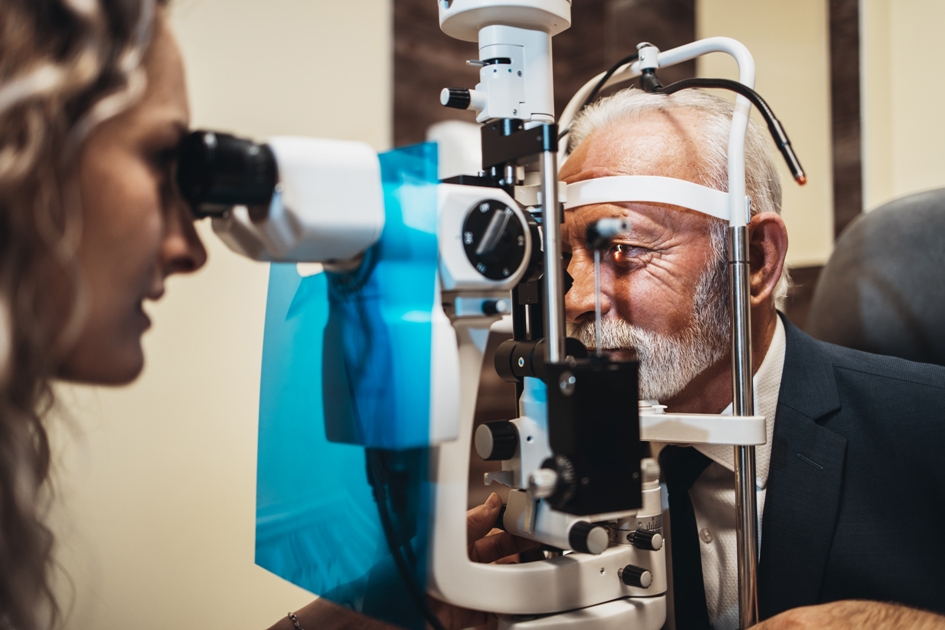
Eye Test Every Senior Should Have
As you age, you may notice changes to your vision. While some of these changes are considered normal, receiving regular screenings with your vision care professional can go a long way to preventing severe issues and preventing loss of sight. The American Academy of Ophthalmology recommends that you have an annual or biennial eye exam if you are over 65 years old. People between 40 and 64 should have exams biennial or per doctor’s orders depending on your specific health issues.
If you are diabetic, it is especially important to keep a regular eye exam schedule. Diabetes can damage the tiny blood vessels and can cause diabetic retinopathy, diabetic macular edema, cataracts and glaucoma. Neglecting proper care of your diabetes and vision can eventually lead to blindness.
You can expect your doctor to recommend additional testing as you age. In addition to the normal eye exam your doctor may recommend:
Applanation Tonometry
This is a test to measure the amount of pressure it takes to flatten a portion of your cornea. This helps the doctor diagnose and track glaucoma. During the test, the doctor will numb your eye with drops and press lightly on it with a tool called a tonometer.
Fluorescein Angiogram
This helps the doctor monitor the blood flow in your retina. This test is used to diagnose diabetic retinopathy, retinal detachment and macular degeneration. The doctor will inject a special dye called fluorescein into a vein in your arm. The dye travels quickly through your blood vessels and allows the doctor to see the blood flow in your retina with a special camera. This will determine if you have circulation problems, swelling, leaking or abnormal blood vessels.
Retinal Tomography
This is a test that takes detailed images of your retina and all of its layers. If you are at risk for a serious retina condition like age-related macular degeneration or retinal detachment, this test is highly recommended.
Ultrasound
Sound waves are used to create an image of the inside of your eye. This test is commonly used before cataract surgery and to treat tumors or bleeding in the eye.
You should be prepared to have the eye tests that your doctor recommends. Be proactive in your eye health so you can enjoy healthy vision well into the future.
